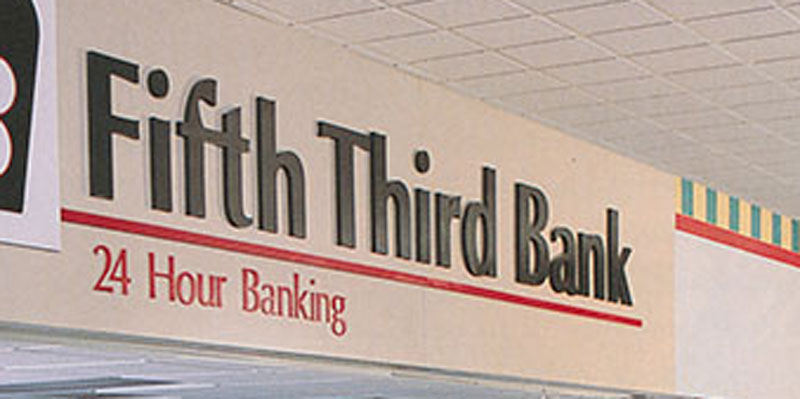
The 401(k) plan is one of the best tools for long-term savings and is an essential component of retirement preparation. On the other hand, traditional 401(k) plans can be confusing and daunting, particularly for small firms and those just starting their careers. The Starter 401(k) plan has arisen as a new retirement savings plan to address this problem.
The Starter 401(k) plan is designed explicitly to make it easier for small businesses and individuals to save for retirement. It is a more approachable substitute for conventional 401(k) plans, providing a streamlined approach that reduces administrative burdens and expenses.
These programs are especially helpful for firms that want to offer retirement benefits to their workers but lack the resources or experience to run a comprehensive 401(k) plan. This article will discuss starter 401(k) programs, how they differ from standard 401(k) plans, and the advantages they offer to companies and employees.

Differences between Regular 401(k) Plans and Starter 401(k) Plans
Starter 401(k) programs and regular 401(k) plans diverge in several important ways. First, starter 401(k) plans are intended for individuals and small organizations, whereas larger companies often provide standard 401(k) plans with more resources.
This distinction has an impact on each plan's administrative needs and expenses. Starter 401(k) plans offer streamlined administration and cheaper costs than regular 401(k) plans. The regular plan may have more complicated administrative procedures and higher fees.
Starter 401(k) plans typically have a smaller variety of investments than standard 401(k) plans, which may offer more flexibility and investing alternatives. Finally, whereas Starter 401(k) programs frequently have lower contribution limits, regular 401(k) plans may have higher contribution limits. It enables participants to save more for retirement.
Despite these variations, both kinds of retirement plans provide tax benefits and the chance for employer-matching contributions, making them useful tools for retirement savings.
Benefits of Starter 401(k) Plans
Automatic deductions from wages
Starter 401(k) plans frequently permit automatic payroll deductions, making retirement saving simple and practical. Contributions are deducted directly from your paycheck before you even receive it, helping you build your retirement savings without thinking about it.
Tax benefits
The tax benefit that a Texas saver 401k offers is one of its main advantages. Traditional 401(k) contributions are pre-tax, which means that your taxable income is reduced. This lowers your current tax obligation, enabling you to increase your retirement savings.
Contributions from the employer
Numerous firms match employee contributions to 401(k) plans. This implies that up to a certain amount, your company will match a specific proportion of every dollar you give. Employer matching, essentially free money, will help you save more for retirement.
Creditor protection
Money kept in a 401(k) plan is frequently shielded from creditors. Your retirement savings may be protected from future claims if you have financial troubles.
Less expensive
Employers do not need to spend a lot of resources on the onboarding process for a starter 401k plan. The regular plan needs a lot of administrative clearance. But a starter plan needs fewer hassles.
Disadvantages of Starter 401(k) Plans
Penalty for withdrawing early
When money is withdrawn from a 401(k) plan before turning 59½ years old, early withdrawal fees are frequently charged. Early withdrawals might result in taxes and penalties that reduce your savings, even though there are some exceptions, such as hardship or medical costs.
Restricted contribution amounts
Comparatively speaking, starter 401(k) plans sometimes have lower contribution caps than regular 401(k) plans. For anyone under 50, the yearly contribution cap for a 401(k) plan is $19,500 as of 2023.
This cap may make it more difficult to save money for retirement, especially if your salary is higher or your savings objectives are more ambitious.
Vesting time frames
There may be vesting timelines for employer-matching contributions in some Starter 401(k) plans. This implies that you might not fully own the employer-matched funds until you have worked for a specific time. You can lose some employer contributions if you quit before gaining full vesting.
Conclusion

To summarize, starter 401(k) plans offer people an invaluable chance to jumpstart their retirement savings. These plans provide a strong foundation for constructing a secure financial future as they offer tax benefits, employer-matching contributions, and the convenience of automated deductions.
The advantages of a Starter 401(k) plan make it a good alternative for people just beginning their retirement journey, despite some restrictions and considerations. People can put themselves on a path to a comfortable retirement by utilizing these programs and getting professional advice.
FAQs
What is the difference between a 401 A plan and a 401k plan?
The primary distinction between a 401(a) plan and a 401(k) plan lies in the origin of contributions. Employers can fund 401(a) plans, whereas 401(k) plans enable employees to allocate a part of their salary toward retirement savings.
What is the main advantage of a 401 K plan?
One of the benefits of having a 401k plan is the tax advantage it offers. Making contributions on a tax basis helps lower your current tax liability while also enabling you to save more for your retirement.
What is a starter 401k?
For people who are just starting their retirement savings journey, a Starter 401k is a retirement savings plan. It provides advantages like tax breaks, matched employer contributions, and automated payroll payments.
What is a 15-minute retirement plan?
A 15-minute retirement plan might make retirement planning simpler. It aids in the evaluation and analysis of your retirement goals. Estimating retirement expenditures, establishing a savings goal, and looking into investment options are all part of this plan.



